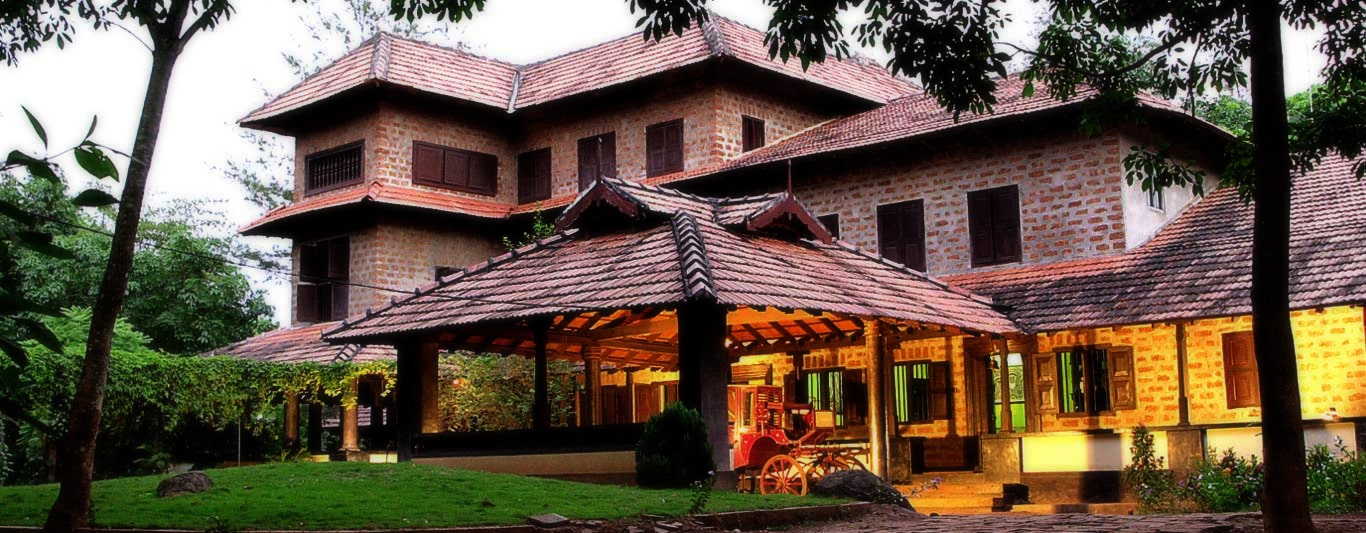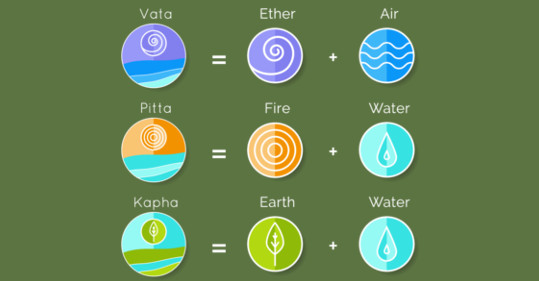The practice and study of the fascinating world of Ayurveda is a rewarding lifelong pursuit, and we are here to help you explore it, one article at a time! Today we will demystify the principles of The 'Doshas' - a concept that is central to the study of Ayurveda.
'The Doshas', literally meaning ‘fault’ in Sanskrit, refer to the composition of the three fundamental bodily energies present throughout nature, as well as within our bodies. These fundamental energies - namely 'Vata' (Air), Pitta (Fire) and Kapha (Water) - represent unique blends of physical, emotional and mental characteristics.
Each person has their own unique composition levels of their doshas, and depending on which ‘dosha’ is more dominant in your system, it determines your physical and mental constitution, characteristics, even determining your personality and emotional responses to situations! Typically, one of the three doshas predominates and determines your constitution or mind-body type. You should also while a person’s dominant dosha generally stays the same over long periods of time, the quantity and quality of these three substances fluctuates in the body, according to the seasons, time of day, diet and several other factors.
Each of the three Doshas are composed of a combination of two of the five elements: Ether, Earth, Fire, Water and Air. The doshas, together, encompass all of these elements.
| Dosha | Primary elements | Primary Functions | Psychological qualities |
| Vata | Air + Ether | Movement and communication | Active, creative, and gifted with a natural ability to express and communicate. |
| Pitta | Fire + Water | Digestion and transformation | Intellect, Joy, courage, willpower, anger, jealousy. |
| Kapha | Water + Earth | Cohesiveness, structure and lubrication | Love, patience, forgiveness, greed, attachment, and mental inertia. |
The Three Types of Doshas:
1. Vāta or Vata (Ether and Air):
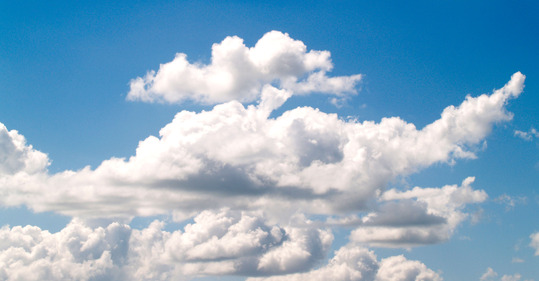
Vata is the energy of movement, and draws from the elements of Space and Air and translates as “wind” or “that which moves things.” It is the energy of movement and the force governing all biological activity. Often called the “King of the Doshas,” Vata governs the body’s greater life force and gives motion to Pitta and Kapha.
Focus area in the body: The main areas of the body governed by Vata are the colon, thighs, bones, joints, ears, skin, brain, and nerve tissues. Physiologically, Vata governs anything related to movement, such as breathing, talking, nerve impulses, movements in the muscles and tissues, circulation, assimilation of food, elimination, urination, and menstruation.
Personality: Psychologically, the Vata dosha governs communication, creativity, flexibility, and quickness of thought. A balanced Vata individual is active, creative, and gifted with a natural gift of expressing themselves and communicating.
Imbalance: A person with an out of balance vata shows signs of anxiety, nervousness, insecurity and hyperactivity. Excess vata in the mind can also leave you feeling high-strung, as if you’re perpetually “on edge, also causing interrupted sleep, and bodily disorders related to dryness, such as dry skin and constipation.
2. Pitta (Fire and Water):
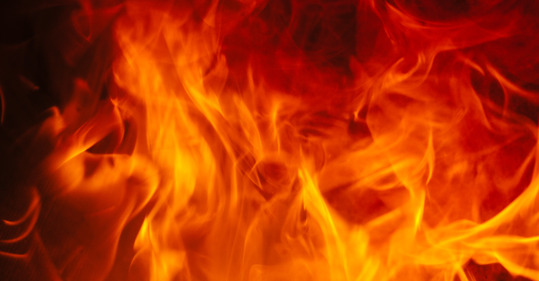
Pitta is the energy of transformation, and derives from the elements of Fire and Water. It is the energy of digestion and metabolism in the body that functions through carrier substances such as organic acids, hormones, enzymes, and bile. While Pitta is most closely related to the element of Fire, it is the liquid nature of these substances that accounts for the element of Water in Pitta’s make-up.
Focus area in the body: The areas of the body governed by Pitta are the small intestine, stomach, liver, spleen, pancreas, blood, eyes, and sweat. Pitta provides the body with heat and energy through the breakdown of complex food molecules. It governs all processes related to conversion and transformation throughout the mind and body.
Personality: Pitta governs joy, intellect, courage, willpower, anger, jealousy, and mental perception. The balanced Pitta individual is blessed with a joyful disposition, a sharp intellect, and tremendous courage and drive.
Imbalance: If the fiery Pitta dosha is out of balance in a person, it can lead to anger, rage, and ego, and manifesting in the body as infection, inflammation, rashes, ulcers, heartburn, and fever.
3. Kapha: (Water and Earth):
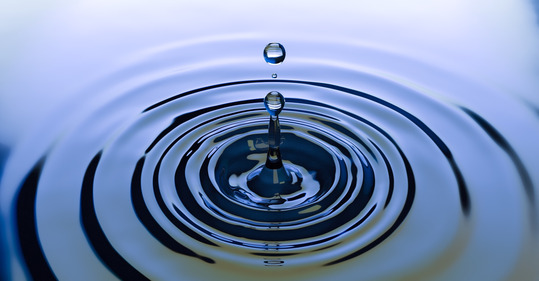
The energy of lubrication and unification, the Kapha dosha is characterised by heaviness, cold, tenderness, softness, slowness, lubrication, and the carrier of nutrients. Kapha draws from the elements of Earth and Water and translates as “that which sticks.” It is the energy of building and lubrication that provides the body with physical form, structure, and the smooth functioning of all its parts. Kapha is almost akin to an essential cement, glue, and lubrication that keeps the body functioning as a single unified unit.
b>Focus are in the body: The areas of the body that the Kapha Dosha governs are the chest, throat, lungs, head, lymph, fatty tissue, connective tissue, ligaments, and tendons. Physiologically, Kapha gives structure to our tissues, lubricates joints, stores energy, and relates to cool bodily fluids such as water, mucous, and lymph.
Personality: Psychologically, Kapha governs love, patience, forgiveness, greed, attachment, and mental inertia. With the earthly element in its make up, Kapha grounds Vata and Pitta and helps offset imbalances related to these doshas.
Imbalance: When out of balance, kapha could cause one to feel greedy, possessive, and can also create stubbornness, lethargy, and resistance to change. Physically, kapha tends to invite stagnation and congestion in organs and tissues throughout the body—including the mind.
Understanding the intricacies of the doshas, and how to keep them in balance is a fascinating journey, and I hope we helped open the door to your curiosity in the subject! Do stay tuned, as we will explore this topics in even greater depth soon, right from the ideal diet for your dosha type, and the right exercise regime as well!





